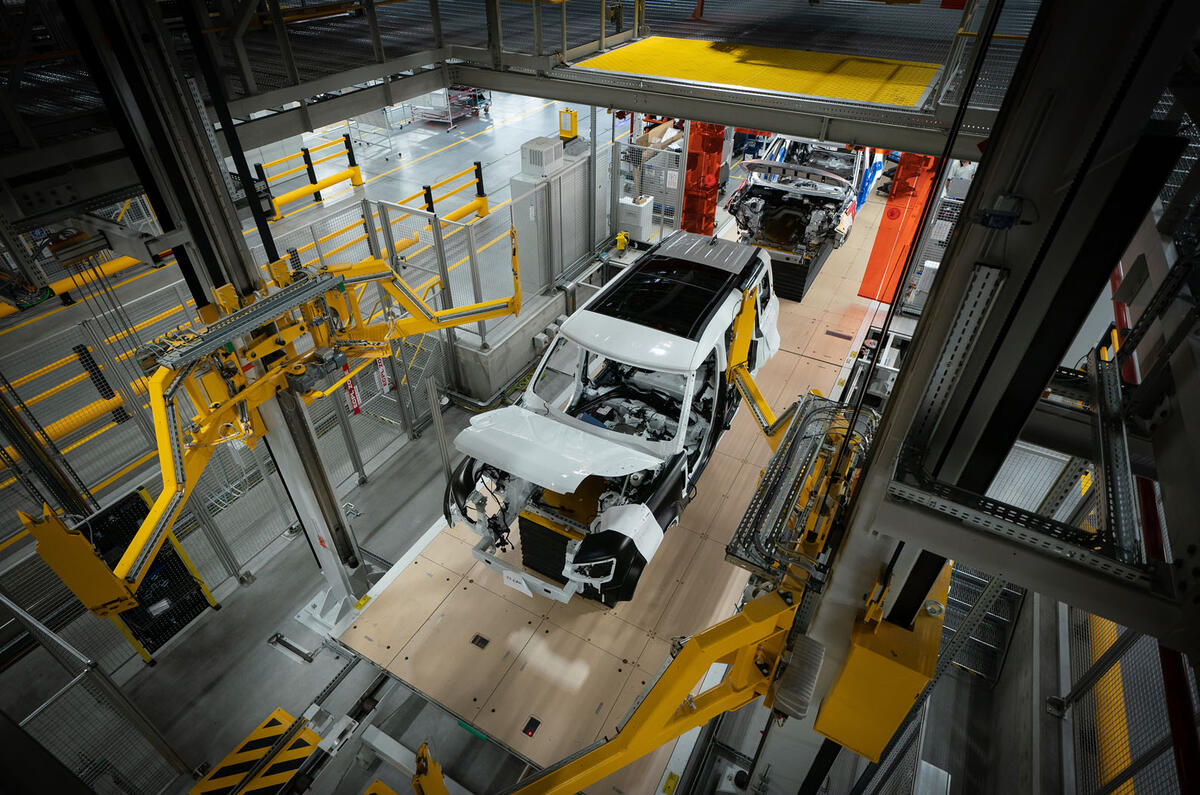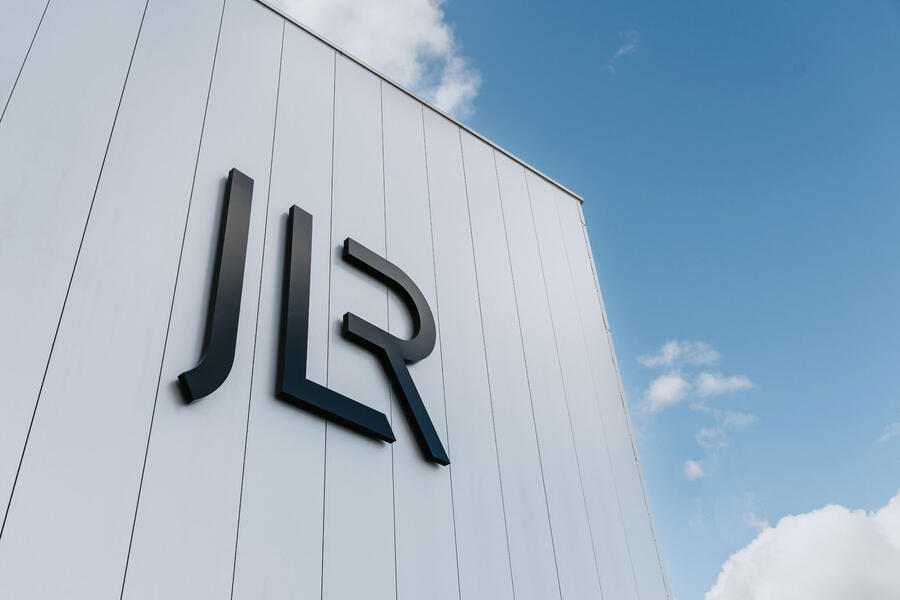JLR can now pay suppliers as it finally begins to restart its IT system following a cyber attack on 1 September – but its production lines will remain static until 1 October.
The hack incapacitated the Land Rover maker, forcing it to shut down its internal computer systems in an effort to protect data from being stolen.
This resulted in production shutdowns at all of its global plants, created issues with parts ordering and stifled retailers.
The shutdown has also heavily impacted suppliers, so much so that the government was today (Thursday) debating bailout measures in order to prevent any layoffs or bankruptcies, reports the BBC.
Also today, JLR has confirmed that “sections of our digital estate are now up and running”, including its payment systems – and the company is “now working to clear the backlog of payments to our suppliers as quickly as we can”.
What’s more, JLR’s Global Parts Logistics Centre, which supplies the parts distribution centres for retailers globally, is “now returning to full operations”, meaning servicing and repairs can once again take place.
JLR is now also able to digitally sell and register new vehicles (it was previously doing the latter via telephone to the DVLA), as its financial system has been brought back online.
Its statement concluded: “These are important initial steps as our dedicated teams work around the clock alongside cybersecurity specialists, the UK government’s NCSC [National Cyber Security Centre] and law enforcement to ensure we restart in a safe and secure manner.”
The latest update does not include a restart of production, however, which is still pencilled to resume on 1 October.
This date was set on 23 September after JLR extended its vehicle production pause by another week.
The company had planned to restart production at its UK and Slovakia factories on 24 September but delayed the restart as part of a plan to resume operations "in a safe and secure manner".
The move means JLR will lose a full month of vehicle production, having not produced any vehicles since shutting down all its global systems in response to the attack on 1 September.
The impact on volumes will be made clear when the company releases its production numbers for the quarter, but in the three months to the end of September last year, it produced more than 80,000 cars.










Join the debate
Add your comment
We all buy our cars believing we're driving the best most reliable vehicle on the road at a pr we can afford, really?, the thing is all cars have faults some more than others and not just at the cheaper end of the car market, technology has it uses but when someone or somebody decides to play silly buggers with the computers the whole car production logistics can't operate,and isn't there an old fashioned fall back system so when this happens it can be set in motion until the crisis is over.
JLR reportedly had nominates ce coverage against a cyber attack AND they may a £2.2billion profit last year. As a taxpayer we should NOT be funding their mess.
NO INSURANCE COVERAGE
Perhaps they should just let JLR die and close down instead of suggesting that my taxes fund a producer of Co2 emissions, the same emissions taxation that they have been clobbering motorists with, and let the employees find something else to do that's better for the environment.
Do you want your taxes spent trying to save jobs or spent on the resultant unemployed. And on top of those job losses, last year JLR made a pre-tax profit of £2.5 billion. So you're loosing those taxes on profit too.
Don't you agree funding the suppliers in the short term, ( i.e. as a sort of loan ) and then recouping the monies when the business resumes would be much better for our economy?
Maybe you just all suggest we go and live in a cave and actually stop living.
Had a pretty good run and made other manufacturers look up when the award winning I Pace came out.